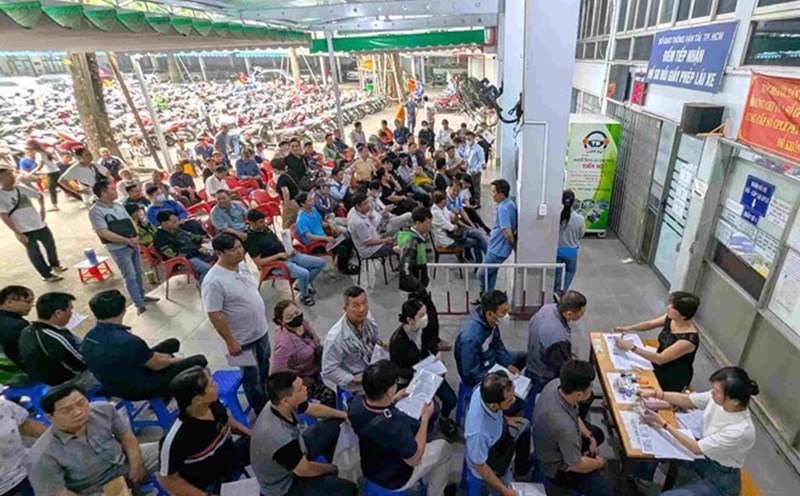On June 11, the Japanese parliament passed an amended law to gradually increase the adjusted allowance for teachers in public schools, from the current 4% to 10% of the basic salary. The bill was passed by the House last month and officially passed by the Senate with a majority of support.
Under the new regulation, adjusted allowances - the amount of money used to replace overtime pay - will increase by 1% per year, starting from next year, and reaching 10% of the current level in 2031. In addition, the law also requires all provincial and municipal education councils to develop a plan to manage the workload of teachers and publicly announce it to deal with the increasingly serious situation of overtime work.
The bill was submitted by the government and amended after reaching a deal between ruling and opposition parties, including the Liberal Democratic Party, Komeito, the Conservative Democratic Party of Japan (CDP), the Japanese Restoration Party and the Democratic Party for the People. An important additional content is the goal of cutting the average monthly overtime of teachers by about 30%.
The draft law also mentions the need for the government to support teachers in handling unreasonable requests from parents, which is part of the reason for increased work pressure.
However, during the discussion in the National Assembly, some lawmakers said that the new law was not strong enough to solve the problem at its root. They argue that maintaining the allowance system instead of paying overtime pay by the hour does not really eliminate the cause of overloading teachers.
The Japan Democratic Party for the Constitution, which submitted a revised version of the bill to the House of Representatives, also stressed in discussions on the Senate education committee that: This amendment paves the way for further amendments.











